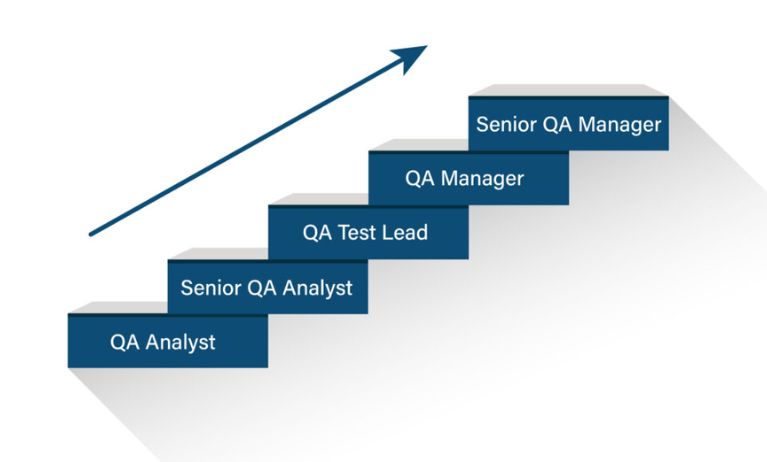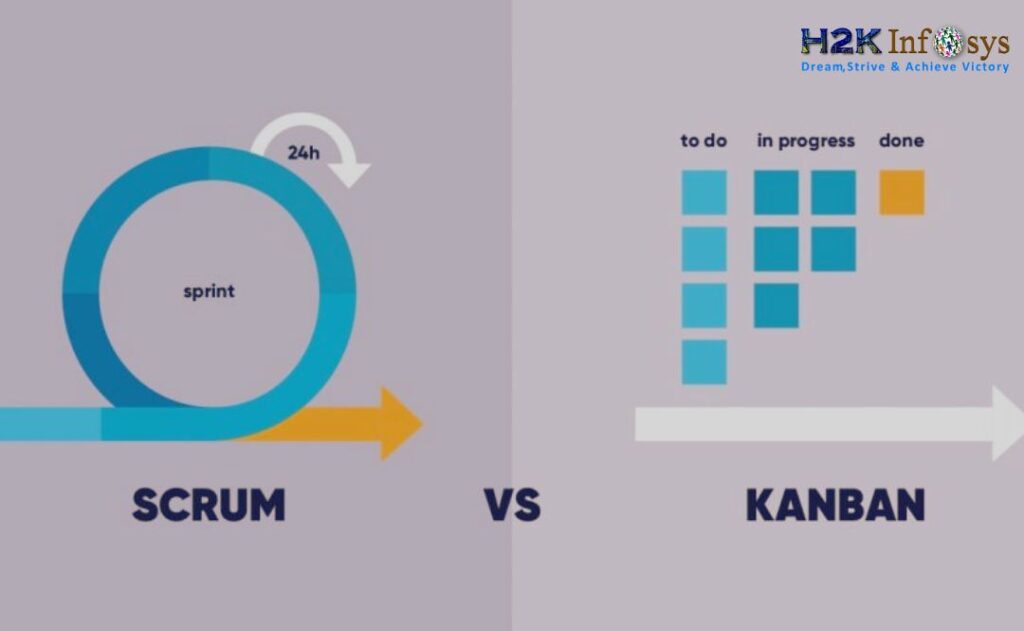As the demand for data professionals continues to grow, two prominent roles have emerged: data scientists and data engineers. Both positions play crucial roles in the data ecosystem, but they come with distinct responsibilities, skills, and compensation packages. In this blog, we will explore the salary differences between data scientists and data engineers, providing insight into the factors that influence these variations. Whether you are considering a career in data or are simply curious about industry compensation trends, this comprehensive comparison will shed light on the earning potential in these fields.
Understanding the Roles: Data Scientist vs. Data Engineer
Before we dive into the salary details, it is essential to understand the primary functions of data scientists and data engineers.
Data Scientists: They focus on analyzing and interpreting complex data to uncover insights, patterns, and trends. Their work involves statistical analysis, machine learning, and predictive modeling. Data scientists use their expertise to solve business problems, create data-driven strategies, and communicate findings to stakeholders.
Data Engineers: Data engineers are responsible for designing, building, and maintaining the infrastructure that stores, processes, and manages data. This role involves developing data pipelines, ensuring data quality, and optimizing data storage solutions. Data engineers lay the foundation for data scientists to access and analyze data efficiently.
Factors That Influence Salary
Several factors influence the salaries of data scientists and data engineers, including experience, location, industry, and educational background. Let’s break these down:
Experience: As with most professions, experience significantly impacts salary. Professionals with more years in the field typically command higher salaries due to their experience and proven track record.
Location: The geographic location of a job can greatly impact salary levels. Cities with a high cost of living or strong demand for tech talent often offer higher salaries to attract skilled professionals.
Industry: The industry in which a data professional works also influences salary. For example, technology, finance, and healthcare companies typically offer higher pay compared to other sectors.
Education and Certifications: Advanced degrees and certifications can improve earning potential. A master’s degree, doctorate, or relevant certifications in data science or engineering can differentiate candidates and justify higher salaries.
Data Scientist Salary Overview
Data scientists are among the most sought-after professionals in the tech industry, and their salaries reflect this demand. According to various sources, the average salary for a data scientist in the United States ranges from $95,000 to $135,000 per year. However, these figures can vary based on experience and location:
Entry-level: Entry-level data scientists can expect to earn between $65,000 and $85,000 per year. These positions typically require a strong foundation in statistics and programming, with opportunities for growth and specialization.
Mid-Level: With a few years of experience, mid-level data scientists can earn between $100,000 and $130,000. These professionals often take on more complex projects and may lead teams or initiatives.
Senior Level: Senior data scientists, with extensive experience and a proven track record, can command salaries upwards of $150,000. In some cases, particularly in tech hubs like Silicon Valley, salaries can reach $200,000 or more.
Data Engineer Salary Overview
Data engineers also enjoy lucrative salaries, reflecting the critical nature of their work in managing data infrastructure. The average salary for a data engineer in the United States typically ranges from $90,000 to $130,000 per year. As with data scientists, these numbers can vary based on experience and other factors:
Entry-level: Entry-level data engineers can expect to earn between $60,000 and $80,000 per year. These positions typically involve basic work in developing and maintaining the data pipeline.
Salary Comparison: Data Scientists and Data Engineers
While both data scientists and data engineers enjoy competitive salaries, several key differences emerge:
Starting Salaries: Data scientists typically start at slightly higher salaries compared to data engineers, reflecting the high demand for their analytical skills and the value they bring to business decision-making.
Salary Growth: Both roles offer significant potential for salary growth as professionals gain experience and take on more responsibilities. However, data scientists often have higher earning potential at the senior level, particularly in specialized fields like machine learning and artificial intelligence.
Location Variability: Salaries for both roles can vary widely by location. For example, professionals in tech-focused cities like San Francisco, New York, and Seattle often earn higher salaries than those in smaller or less tech-focused regions.
Industry Influence: Industry plays a major role in determining salaries. For example, data professionals in finance or technology typically earn more than those in the education or government sectors.
Future Trends and Considerations
As data continues to play a critical role in business and technology, the demand for skilled data professionals is expected to increase. Emerging technologies such as artificial intelligence, machine learning, and big data analytics will likely drive the need for data scientists and engineers. Furthermore, as businesses increasingly rely on data-driven decision making, the value of these roles will continue to rise.
Conclusion
In conclusion, both data scientists and data engineers are critical to the modern data ecosystem, and each offers unique skills and contributions. While data scientists may enjoy slightly higher salaries, data engineers also demand impressive compensation, reflecting the essential nature of their work. Ultimately, choosing between these career paths depends on individual interests, skills, and career goals. Whether you are drawn to the analytical challenges of data science or the technical complexities of data engineering, both fields offer rewarding and lucrative opportunities in today’s data-driven world.



























2 Responses